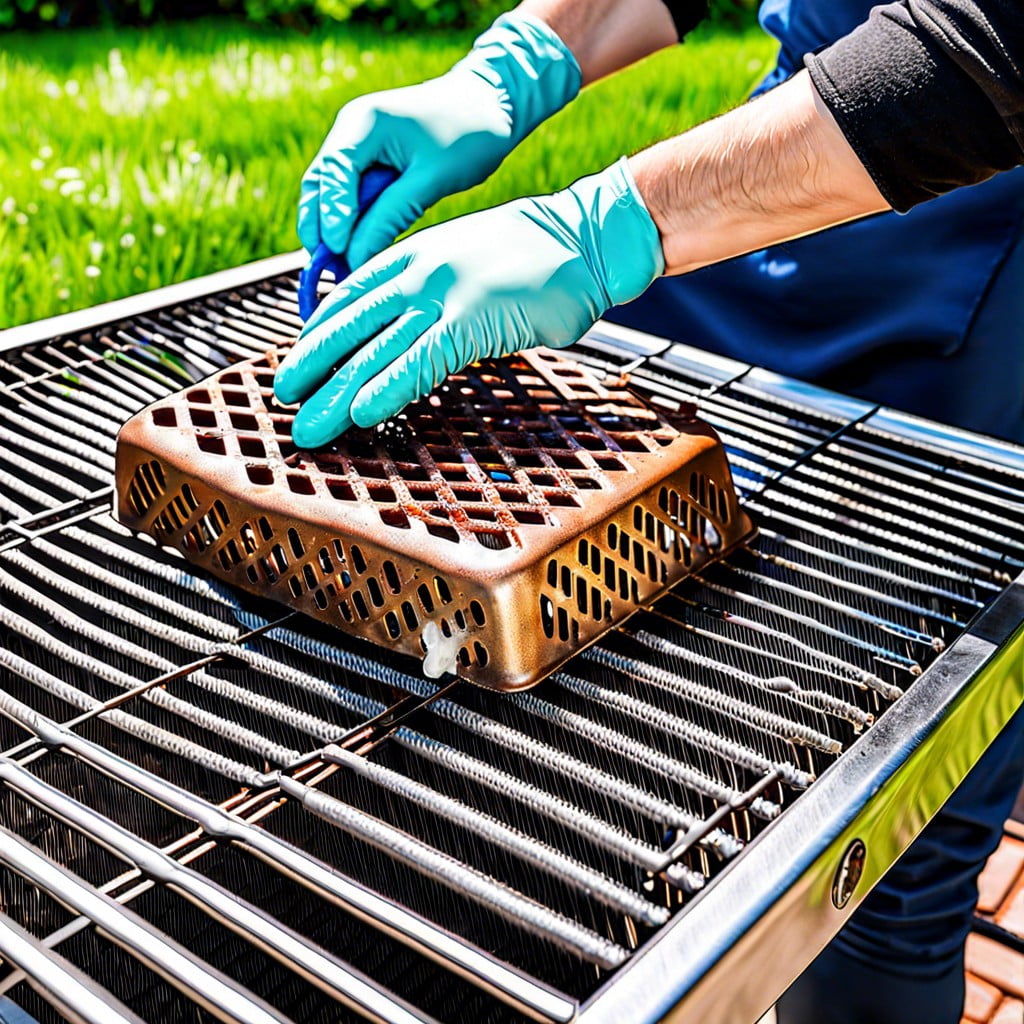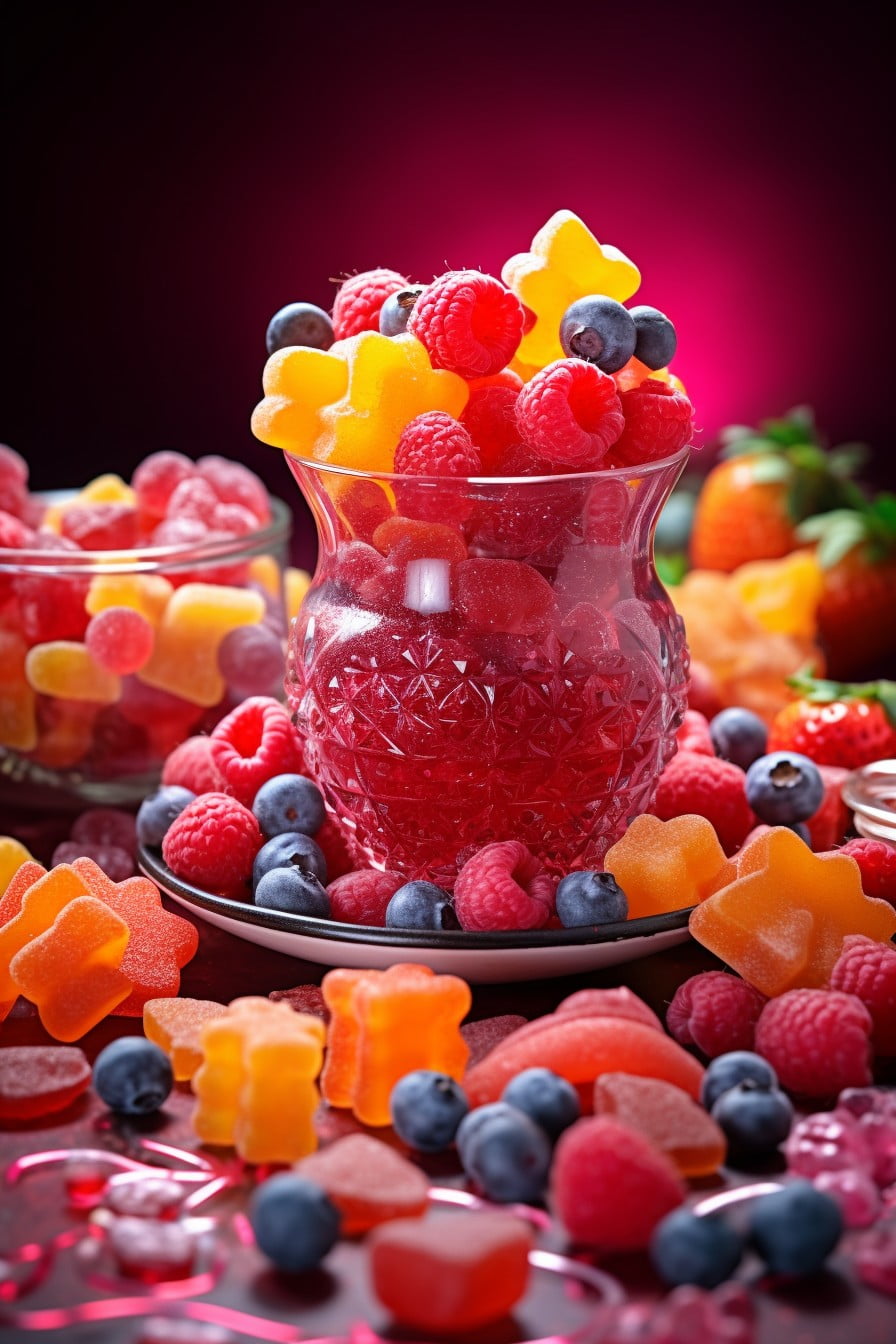Learn the most effective methods for cleaning grill grates to ensure optimal grilling performance and longevity.
Key takeaways:
- Regular cleaning prevents bacteria growth and carcinogens on grill grates.
- Clean grates ensure better taste and cooking performance.
- Maintenance prevents rust, corrosion, and extends grill life.
- Brush off debris while grates are still hot after each use.
- Use a degreaser for stubborn residue on grill grates.
Health and Safety

Regularly removing leftover food particles and grease buildup on grill grates is crucial to prevent the growth of bacteria and the production of harmful carcinogens. As the grill heats up, any residue left on the grates can be charred, potentially transferring unwanted chemicals to your food. Ensuring a clean cooking surface also prevents the risk of ingesting old, charred materials that could have adverse effects on your health.
To maintain a safe grilling environment, routine cleaning is as essential as the correct grilling technique. This practice not only safeguards your well-being but also contributes to the hygienic preparation of meals for family and friends.
Improved Taste and Cooking Performance
Keeping grill grates immaculate has a direct impact on the flavors infused in your food. Food particles and grease that linger on the grates are susceptible to burning, which can impart an unpleasant, acrid taste on your freshly grilled items.
This buildup also disrupts the even distribution of heat, leading to inconsistent cooking temperatures. A clean surface ensures that heat is transferred efficiently, delivering uniform grill marks and a perfect sear.
Moreover, a non-obstructed grate surface enables better adherence to the Maillard reaction – the chemical process that gives grilled foods their distinctive savory crust.
Regular cleaning of grates not only eliminates unwanted flavors but also contributes to optimum cooking conditions for superior culinary results.
Extended Life of Your Grill
Investing a little time in maintenance can prevent rust and corrosion, ensuring that your grill remains in top condition for years to come. Regular cleaning prevents the buildup of grease and charred food, which can lead to the deterioration of grill grates. Furthermore, when residue accumulates, it can impair the proper function of the grill, potentially causing uneven heating and reducing its overall efficiency. By keeping the grates clean, you also avoid the hassle of deep cleaning or replacing parts as often, which can be costly. In essence, simple, consistent care not only protects your grill but also supports optimal performance throughout its lifespan.
Brush Off After Every Use
Immediately after cooking, when the grates are still hot, is the optimal time to brush off food particles and grease. The residual heat helps to loosen debris, making it easier to scrub off with a grill brush or scraper. For this chore, opt for a high-quality stainless steel brush with a long handle for safety. A ball of aluminum foil held with tongs can also serve as an effective scrubbing tool—just be cautious of any sharp edges.
If you encounter stubborn residue, a quick steam clean can be helpful. Simply soak a few paper towels in water, place them on the hot grates, and close the grill lid for a few minutes. The steam will help to soften the grime, further simplifying the brushing process.
A routine brush-off at the end of each grilling session not only maintains the hygiene of your cooking surface but also preserves the integrity of the grates, preventing buildup that could turn into a carbonized crust over time. Remember, consistent maintenance lays the groundwork for superior grilling experiences.
Clean Your Grill Grates With a Degreaser
To tackle stubborn residue effectively, a degreaser is an excellent choice. Opt for a commercial degreaser formulated for grills, ensuring its suitability for food surfaces. Apply the solution as directed, typically by spraying it on the cool grates and allowing it time to break down grease.
For best results, let the degreaser sit for a few minutes, but not to the extent that it dries out. Use a grill brush to scrub the grates gently; a nylon brush is recommended for coated grates to avoid damage. Rinse thoroughly with water to remove any remaining degreaser, preventing chemical flavors during your next cookout.
Regular use of a degreaser can help maintain hygienic and high-performing grill grates, ready for your next barbecue session.

